Why Sellers Want to Overprice (and Why That’s a Risky Move)
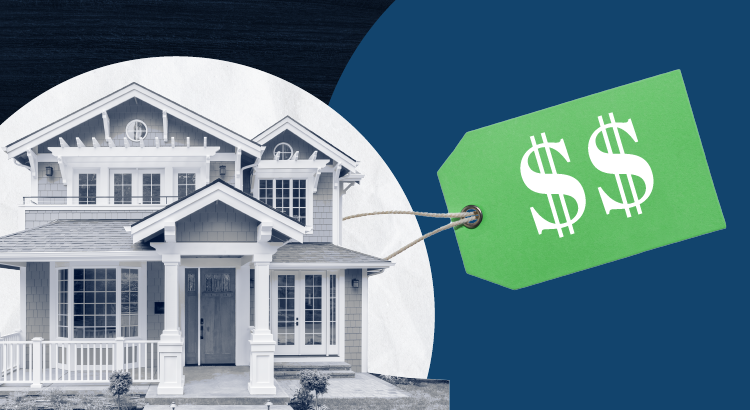
When it’s time to sell, every homeowner wants top dollar—understandably. You’ve invested time, money, maybe even blood, sweat, and DIY tears into your home. So it’s only natural to want to squeeze every dollar out of the sale.
But here’s the truth:
Overpricing your home isn’t a strategy - it’s a trap!
And most sellers fall into it for reasons that seem logical on the surface, but often lead to frustration, longer days on market, and even a lower final sales price.
Here I will unpack the most common reasons sellers want to overprice their home and what’s really going on behind the scenes.
1. “We want room to negotiate.”
Translation: We’ll start high and come down later if we need to.
Why it backfires?
Buyers are smart. If your home is clearly overpriced, they’ll just keep scrolling or worse, they’ll go tour your competition. Overpricing keeps the right buyers from even walking through the door.
2. “We’ve put so much into this house.”
Translation: All these upgrades should raise the value.
Why it backfires:
Not all upgrades are created equal. Some add value, others just add personal touch. The $8,000 hot tub you love? A buyer might see it as a maintenance nightmare. The market only rewards what buyers perceive as valuable not what you spent.
3. “Zillow says it’s worth more.”
Translation: Zestimate said $X, so that’s our number.
Why it backfires:
Zillow doesn’t walk your property. It doesn’t know about your creaky stairs, your dated kitchen, or the fact that the neighbor’s house sold with a finished basement and a view. Online estimates are just that estimates. Not pricing strategy.
4. “We love this home too much to go lower.”
Translation: This home means a lot to us.
Why it backfires:
Emotions cloud pricing. Buyers aren’t paying for your memories or the birthday parties you hosted in the backyard. They’re evaluating condition, location, layout, and comps. Period.
5. “The market is hot - we can push the price.”
Translation: Homes are flying, so why not aim high?
Why it backfires:
Even in a hot market, pricing too high can backfire. Overpriced homes still sit. And when they do sell? They often close below what they could’ve gotten had they priced correctly from the start and driven competition.
6. “We need to get this number to make our next move.”
Translation: If we sell for less, we’re stuck.
Why it backfires:
Unfortunately, the market doesn’t care what you need. Harsh but true. If your pricing doesn’t align with what buyers are willing to pay, you’ll end up sitting… or cutting your price later anyway after losing time and leverage.
7. “Let’s just test the market and see what happens.”
Translation: We can always lower the price later.
Why it backfires:
The first 7–10 days on the market are when your home gets the most attention. If you overprice and miss that window? Your home goes stale. Price drops later don’t create the same buzz and buyers start wondering what’s wrong.
Holding Costs Add Up
While you wait for that “unicorn buyer” at your dream price, you’re still paying:
-
Mortgage
-
Taxes
-
Insurance
-
Utilities
-
Lawn care or HOA fees
That’s called holding cost.
If your monthly carrying costs are $2,500 and you sit on the market an extra two months? That’s $5,000 gone.
Overpricing is expensive.
Sellers don’t overprice out of greed they do it out of hope, emotion, or bad advice.
But hope isn’t a pricing strategy.
A smart strategy positions your home to attract attention, generate offers, and maximize your net.
If you’re thinking of selling and want real talk + real numbers + real strategy, let’s connect. I’ll show you what your home could realistically sell for and how to get you there without chasing the market.
Categories
Recent Posts

Wakefield Village: The Project That Could Reshape Troutman and Boost the Entire Region

Why Smart Sellers Don’t Chase the Market
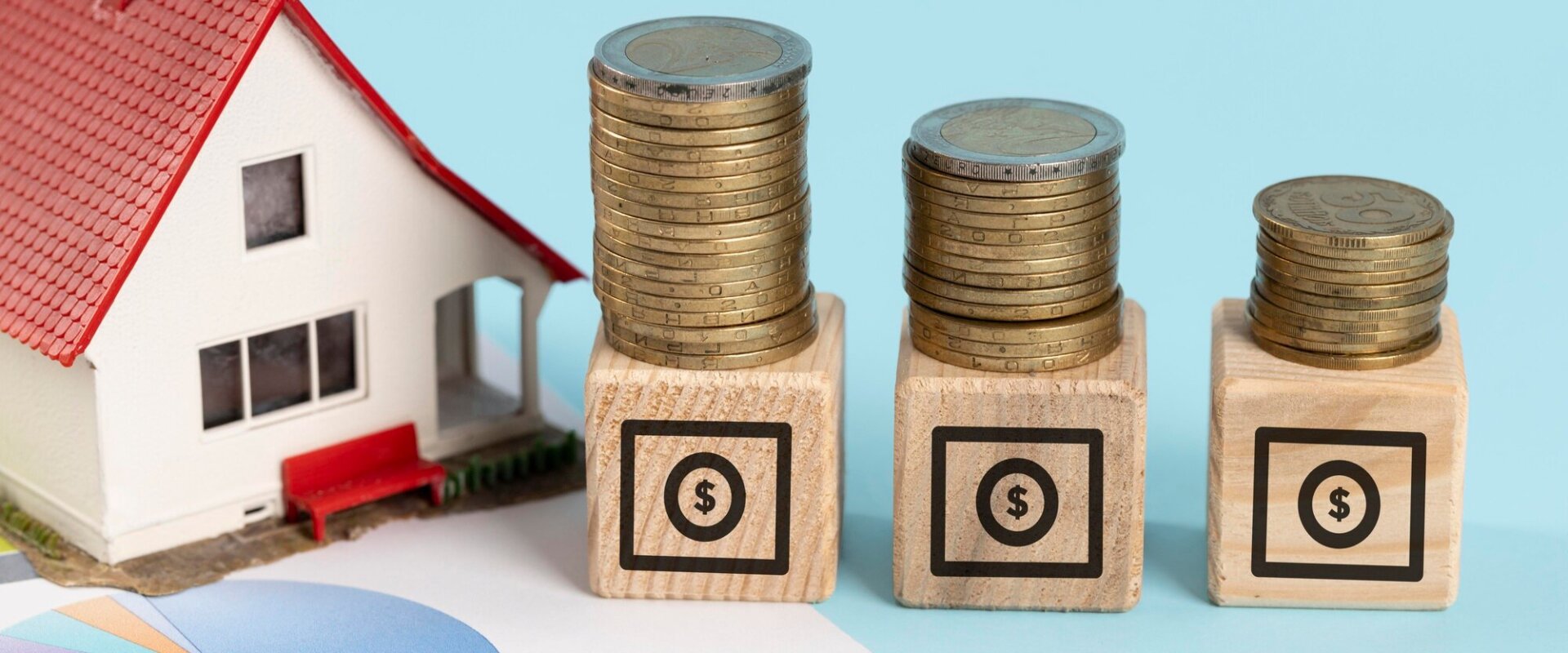
Avoiding the Overpricing Trap: How to Price Your Home to Sell (Not to Sit)

Why Sellers Want to Overprice (and Why That’s a Risky Move)
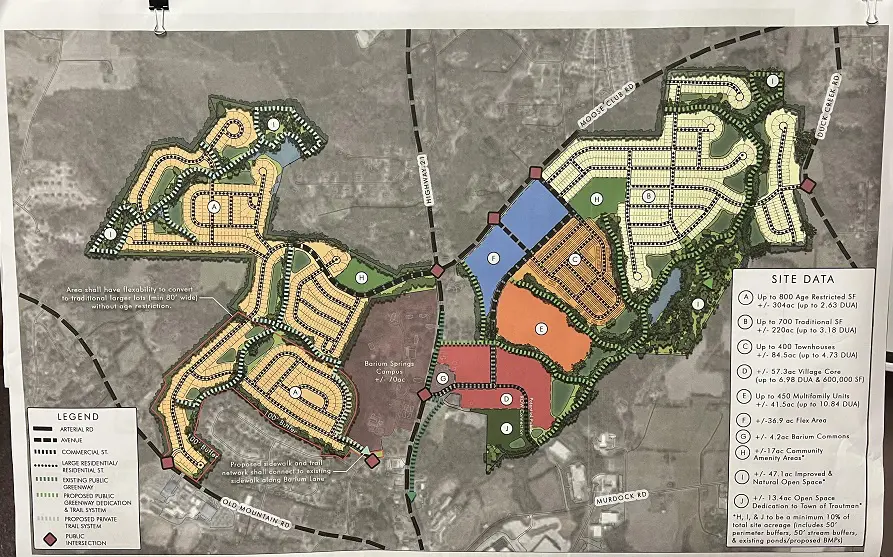
Wakefield Village: Troutman’s Biggest Project Yet and Why Statesville, Mooresville, & Beyond Should Pay Attention

The Best Neighborhoods to Buy or Rent In (or Around) Charlotte, NC
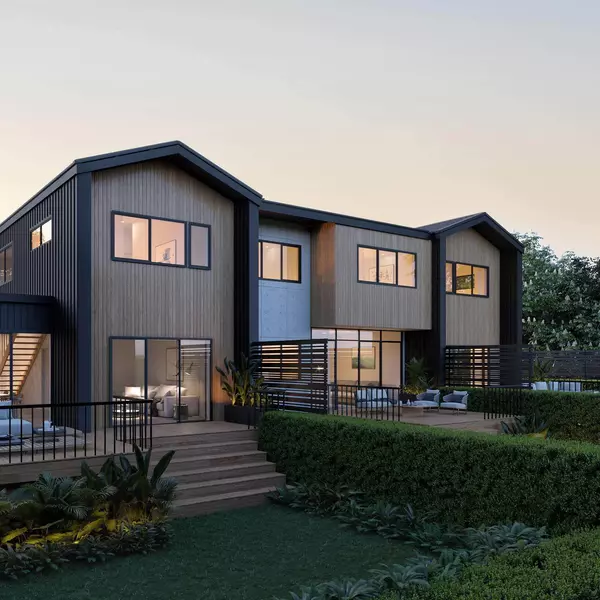
The Charlotte Real Estate Market Is in a Weird Spot—Here’s How to Win Anyway
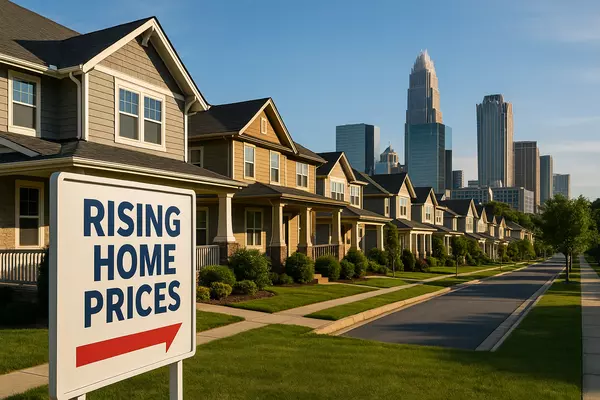
Charlotte Home Prices Are Rising—Here’s What First-Time Buyers & Sellers Need to Know

When Is the Best Time to Sell Your Home in the Charlotte Metro Area?
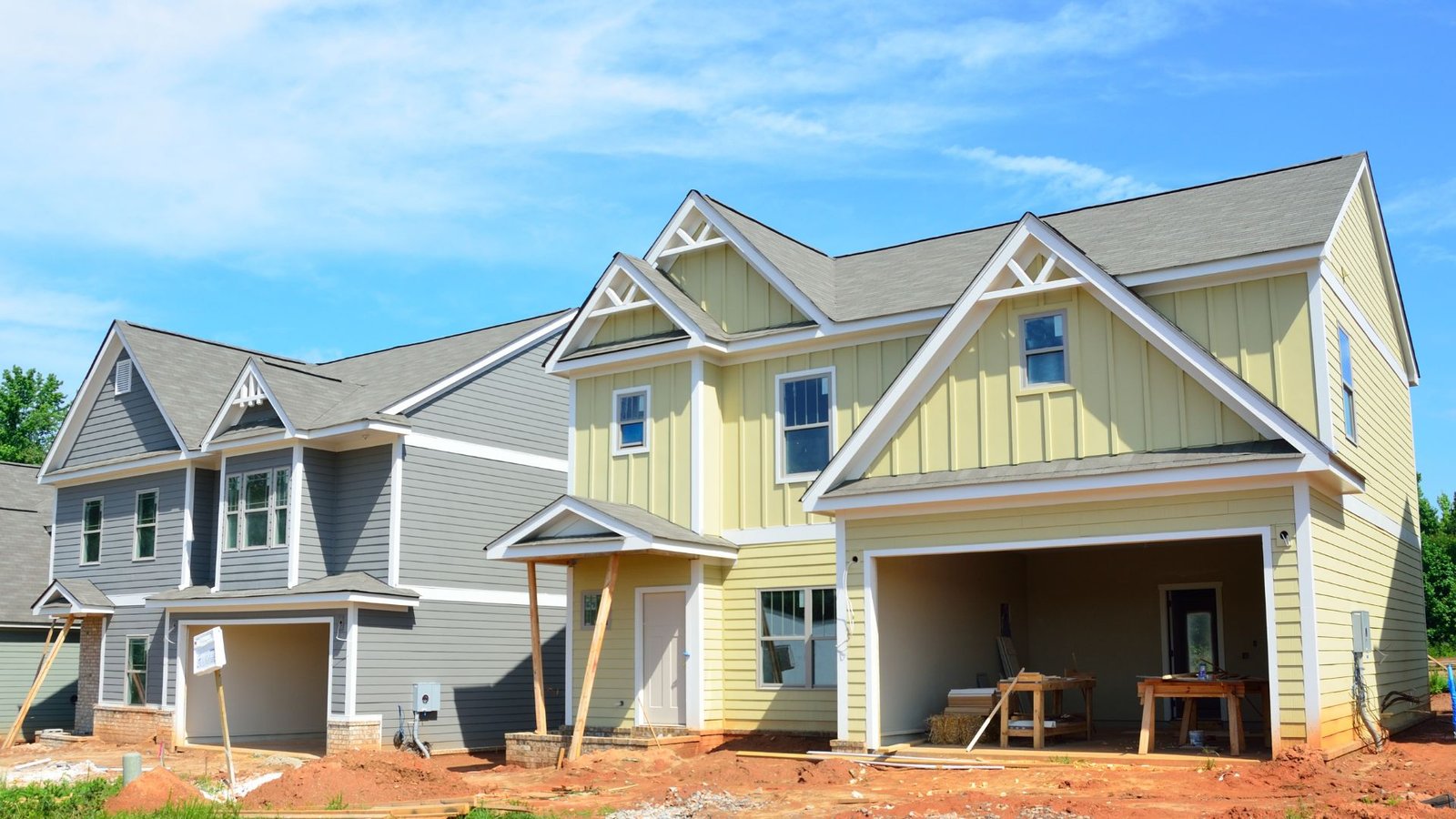
Understanding the New Construction Market in Charlotte: What Buyers Need to Know


